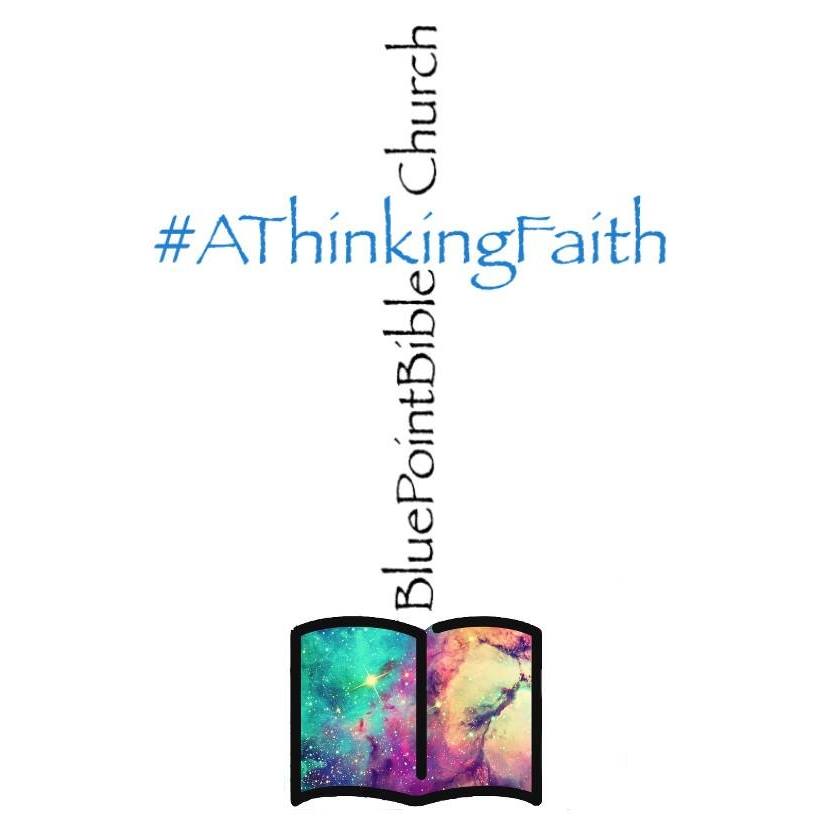Our devotion today, looking at both Whisper and Untamed, leads us into the blessing of gaining discernment. We can hear the voice of God louder and live out our discipleship more fully as we seek our and live with Godly discernment. Prayerfully, reading through this will urge you toward continued development of your spiritual disciplines- reading the Gospels, examining yourself, and intentionally loving others.
In Whisper, Mark Batterson makes the following points:
Listen with all your heart
“We are smart in different ways, and that’s a testament to the God who created us. We also relate to God in different ways, and that’s a testament to a God who is big enough to be heard by anyone and everyone, anywhere and everywhere….What does that have to do with hearing the voice of God? First, we all hear Him a little differently”.
“…remember the package deal? If we don’t listen to everything God says, we eventually won’t hear anything He has to say”.
“We don’t just listen with our ears. We listen with our eyes, with out hearts. That’s how we discern people, promptings, and pain., We don’t just read Scripture. We read desires, doors, and dreams”. ‘
Body Language
“In 1971 psychologist Albert Merhrabian published Silent Messages, which included his pioneering research on nonverbal communication. When it comes to credibility, Mehrabian found that we assign 55 percent of the weight to body language, 38 percent to tone, and 7 percent to actual words. Scripture is made up of actual words and it certainly represents far more than 7 percent of God’s revelation…But God also speaks via body language: His body, the church. I call it the language of people. And God speaks through different tones of voice, including the language of desires and the language of pain. But when it comes to interpreting body language and tone, we desperately need the gift of discernment”.
Spiritually Discerned (1 Corinthians 2)
“It takes discernment to spot closed and open doors. It takes discernment to recognize God-given dreams. It takes discernment to know which desires are from God. It takes discernment to obey the promptings of God. It takes discernment to put pain into perspective. It takes discernment to read people”.
So, as we endeavor to live with discernment, we rightly acknowledge the need to learn, or what I often refer to as gaining a “zeal empowered by knowledge”. In Untamed, Alan Hirsch notes, “Recovering a love for and focus on Jesus leads to a recovery of the grand themes of the church of Jesus Christ: salvation, justice, mercy, faithfulness, redemptive holiness, righteousness anger at brokenness and evil, and that marvelous central fact that God is indeed love. Whatever else we might know about God, these must never be marginalized, or else we end up with a very dangerous religion”.
Batterson then brings us into the need for empowering spiritual disciplines as the apprehension of the right knowledge of God.
The Gospels & St. Ignatius’ Examen
“One of the most basic things that needs to be done is for Christians to commit to constantly reading, and rereading, the Gospels. The Gospel accounts of Jesus fill out our understanding of Him”.
“…a very old and useful way of including Jesus in your everyday world. Essentially, it involves keeping a journal where you ask yourself several questions every day (or every week). They include such questions as (1) where did I work with Jesus today, and (2) where did I resist Jesus today? Be specific and prayerful about the conclusions”.
Right Knowledge of God / Zeal Empowered by Knowledge (Rom. 10:1-3)
“The truth is that all of us entertain false notions of God to some degree”.
“History ample bears out the truth that we Christians are dangerous people when we are wrong”.
“The reality is that what we believe about God does have consequences”.
Alan Hirsch even uses the words of Historian George Weigel to support his points, “How men and women think about God – or don’t think about God – has a great deal to do with how they envision a just society and how they determine the appropriate means to which to build that society. This means taking theology seriously – which includes taking seriously other’s concepts of God’s nature and purposes, and the commitments to the beliefs arising from these concepts”.
Let us go on seeking to truly understand and internalize Jesus’s command to love God and love our neighbor.
Shema Spirituality/ Jesus Creed
“In light of all this, how can we ensure we have a true understanding of God? Or even better, how can we know God?…The power of Shema spirituality, or what Scot Mcknight calls “the Jesus Creed”, sums up the central revelation of God in Scripture and provides us with a worldview in a sentence. In other words, it’s not just a simple description of what true worship means, but also a description of a disciple’s basic orientation to the world”. (see, Mark 12:29-31)
“The Shema contains the revelation that God is one. The Shema shows us that God wants to be loved and worshiped in every aspect of life and with all our being. The clear implication is that nothing in life, culture, and human experience lies outside of His all-encompassing claim…The Shema is expanded by Jesus to explicitly include the love of people, for it has always been a temptation of “religious” people to see religion as purely devotion toward God. Jesus will not allow this. Discipleship in the way of Jesus must include the love of people”.
May you be richly blessed by His guidance,
Pastor Michael Miano
